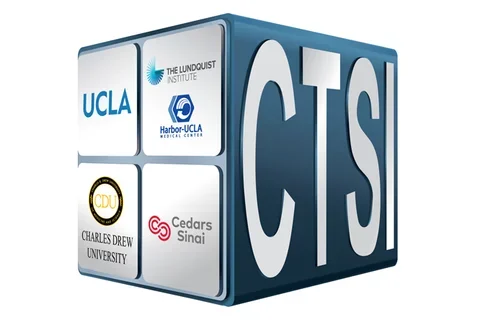Nanotech device can detect risk for serious complication during pregnancy

Researchers from UCLA and Cedars-Sinai have developed a new way to detect a potentially life-threatening condition that can occur during pregnancy.
The condition, placenta accreta spectrum disorder, occurs when the placenta grows too deeply into the uterine wall and fails to detach from the uterus after childbirth. It can lead to significant blood loss during pregnancy and delivery, requiring blood transfusions and intensive care, and it can result in serious illness and infection and can even be fatal for the mother. The condition occurs in less than 0.5% of pregnancies.
Currently, placenta accreta spectrum disorder is diagnosed by ultrasound in combination with an assessment of a mother’s pregnancy history. For example, a previous cesarean birth and a history of placenta previa, a condition in which the placenta that covers the birth canal, can indicate a heightened risk. But those factors alone are usually not reliable enough to detect cases other than the most severe ones.
The new blood test can be performed as early as the first trimester of pregnancy, which allows for early referrals to doctors who specialize in high-risk pregnancies. In tests with more than 100 women, the blood test was 79% accurate in confirming the presence of placenta accreta and 93% accurate in ruling it out with a negative result.
“Early and precise detection of this very high-risk obstetrical problem can greatly improve outcomes for both the mother and baby,” said Dr. Yalda Afshar, assistant professor of obstetrics and gynecology at the David Geffen School of Medicine at UCLA, and co-first author of the study. “With the unreliability of the current screening methods for placenta accreta, we saw a pressing need to create an easy-to-implement screening that can be conducted early in the pregnancy in all healthcare settings regardless of resources available to patients.”
A paper detailing the new method is published in Nature Communications.
The new approach uses a technology called the NanoVelcro Chip, which has been developed over the past 15 years by Dr. Yazhen Zhu and Hsian-Rong Tseng, UCLA professors of molecular and medical pharmacology. Originally created to detect tumor cells in people with cancer, the chip is a postage stamp–sized device with nanowires that are 1,000 times thinner than a human hair and coated with antibodies that can recognize specific cells.
Dr. Zhu is a trainee in the CTSI Training Program in Translational Science (TPTS) which includes guidance on how to do translational research from technology development to clinical validation--a process which was highlighted in this publication. The CTSI provided this research with support through the CTSI Biostatistics program, the CTSI Grant Submission Unit and funding from a CTSI/Iris Cantor Pilot Award. Biostatistical analysis was provided by CTSI investigators, Dr. Myung-Shin Sim and Jeffrey Gornbein, which included advisement on the diagnostic model training and validation for the clinical study analysis and manuscript review.
Read the full UCLA press release.
image caption: The new test can help identify women with a high risk for placenta accreta spectrum disorder, which can result in serious complications during childbirth.
Image source: Unsplash



